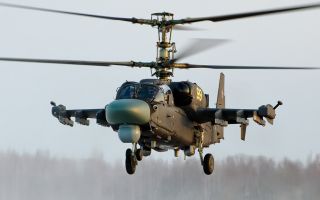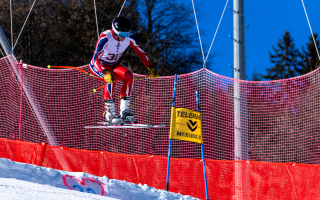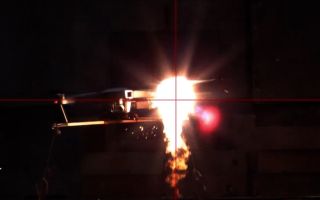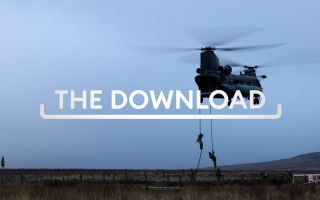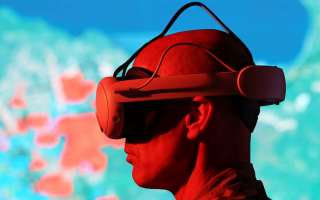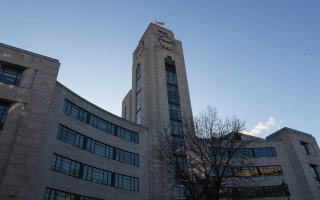The Forgotten Battle: The Armed Forces' uncomfortable history with its gay personnel
BFBS Forces News reporter James Wharton discusses the making of The Forgotten Battle, a special report detailing the impact of Royal Military Police investigations and the political fight to lift the military ban on homosexuality 25 years ago.
Geoff Hoon was still settling in as Defence Secretary when he announced one of the most significant decisions of his career.
On 12 January 2000, he informed the House of Commons that homosexuality would no longer be a bar to military service, changing the Armed Forces forever.
However, the decision had already been taken out of his hands. Three months earlier, the European Court of Human Rights (ECHR) ruled that the UK's ban on gay people serving in the military was unlawful.
"It was a landmark decision for our Armed Forces," the former minister told me 25 years later, during an interview for our new film, The Forgotten Battle.
"Leaving aside the rights and wrongs of the issue, I knew as a former lawyer that we had to implement the judgment of the European court, and I never really gave it a further thought than that," Mr Hoon said.
This is an important distinction. Over the past quarter of a century, the legal fight that led to this change – and the efforts by successive governments to maintain the ban – have often been overlooked or forgotten.
Two years ago, a current government minister posted on X claiming pride that a Labour government had lifted the ban on LGBT people serving in the Armed Forces.
While technically true, it omits a crucial fact: Tony Blair's administration lifted the ban because it was forced to, not because it wanted to.
Like John Major's government before, Labour spent significant sums in litigation to keep the ban in place.
Today, Mr Hoon acknowledges this criticism, but insists that even without the ECHR ruling "we would have got there because Labour took a number of difficult, but necessary decisions to move the country forward".
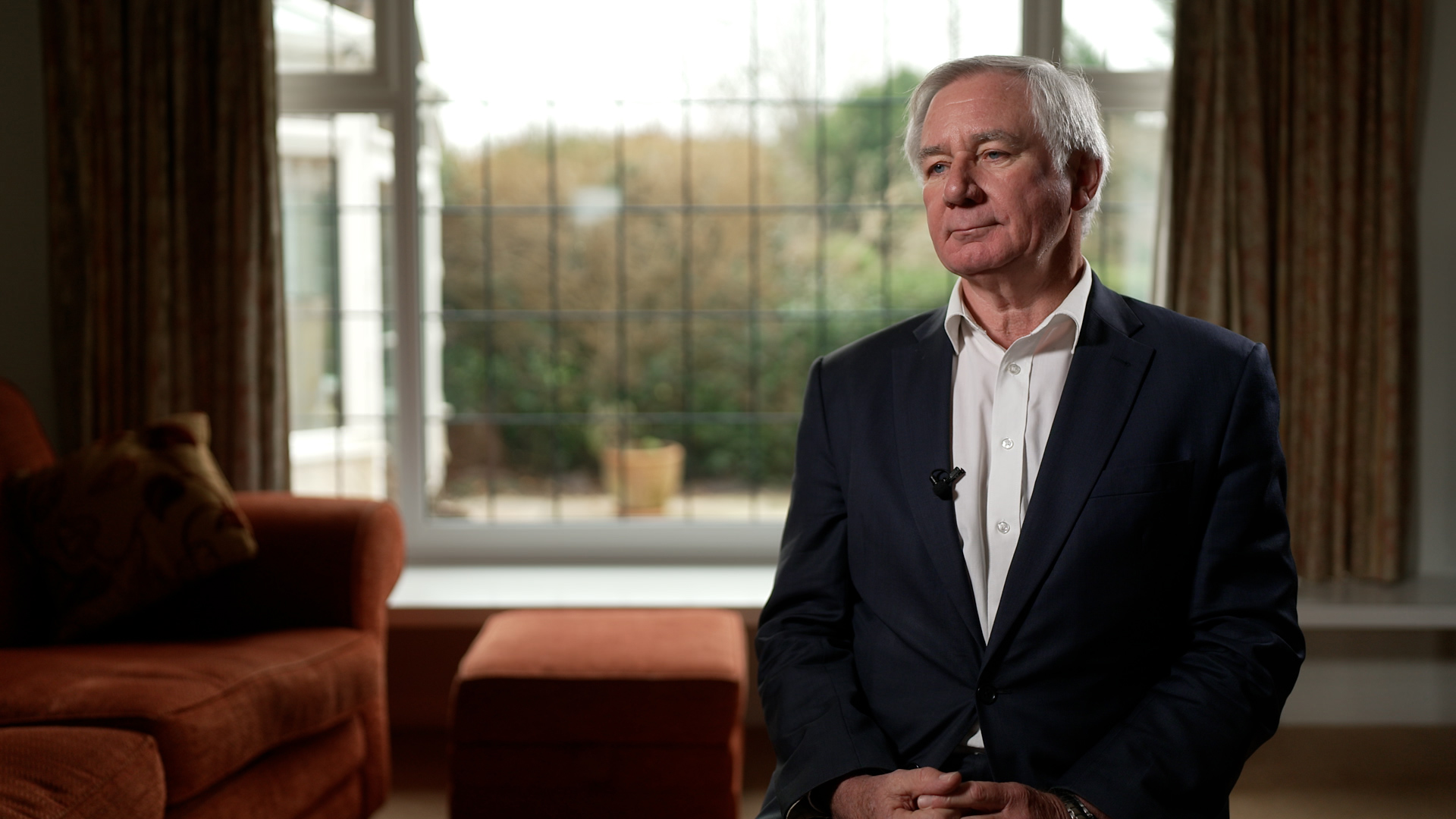
The fight for change
In the 1990s, a group of gay ex-service personnel banded together to challenge the ban. They called themselves Rank Outsiders and spent years fighting the Ministry of Defence in court.
A key figure in the group was Ed Hall, who was discharged from his role as a Royal Navy officer in 1988 after being outed as gay. He recalls how, as their legal battle gained momentum, the MOD sent retired service chiefs into the media to defend the ban.
"We had recently retired three-stars, clearly briefed by the MOD, coming out to pitch their argument," Ed remembered.
"We had Air Chief Marshals saying they didn't want to share a shower with gay people. It was an attempt to whip up the worst kind of homophobic hysteria."
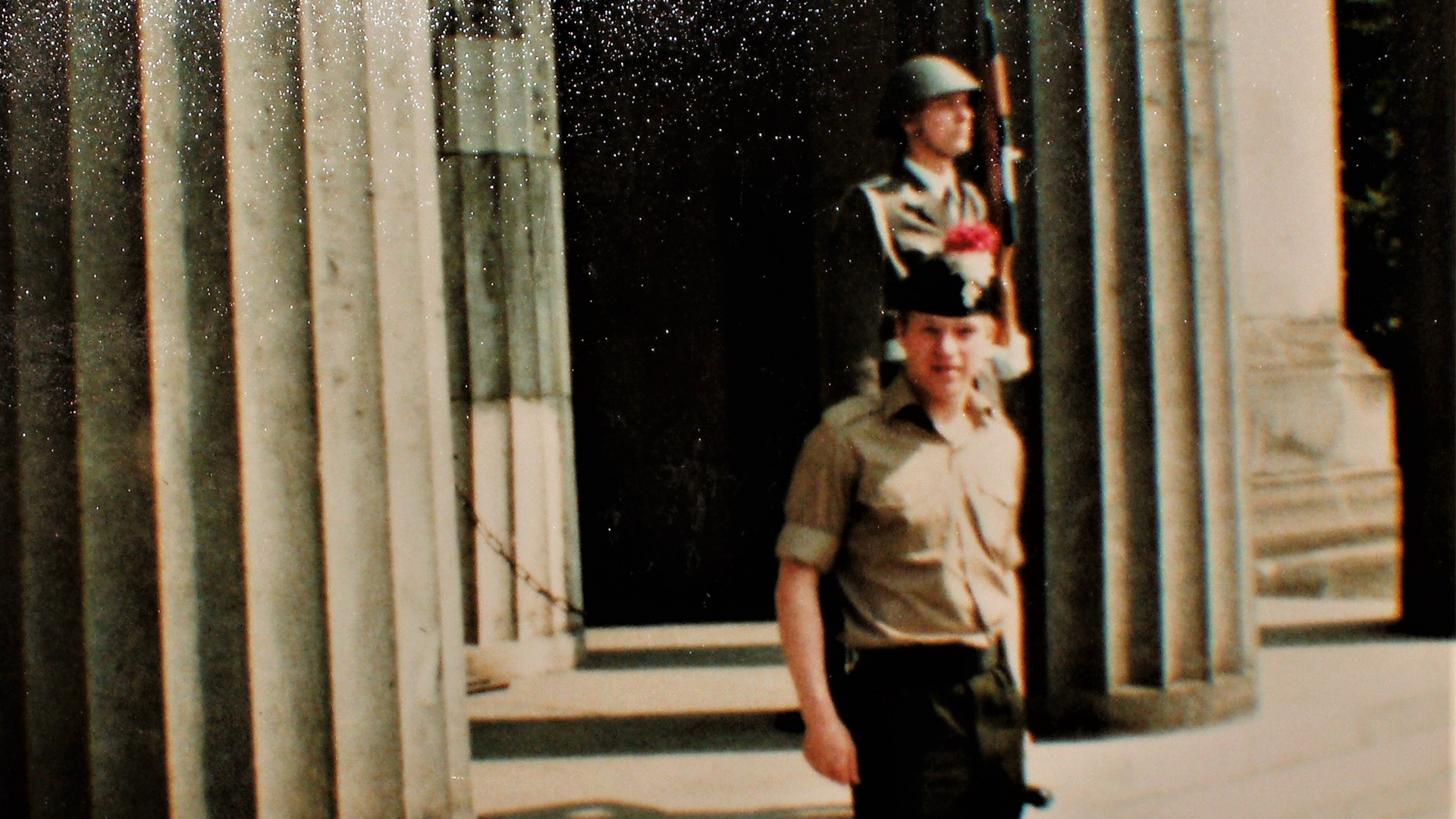
Personal stories of persecution
Stephen Close followed his brother into the Royal Regiment of Fusiliers, proud of his regimental identity. In Germany, he was stationed at Spandau Prison, guarding Nazi war criminal Rudolf Hess.
More than 40 years later, Stephen recalls how his life changed forever days after after being caught kissing a fellow Fusilier on base.
"I was on the firing range when my name came over the loudspeaker. I was ordered to report to the shooting lodge, where two Military Police officers were waiting," he said.
"I was absolutely terrified. I thought if I admit to this, my life's ruined."
Stephen was interrogated and subjected to an embarrassing, intrusive medical examination.
"I don't know if it was deliberate intimidation, but they left the doors open so all the soldiers in the waiting room could see what was happening," he said.
Stephen's commanding officer later told him he had "brought disgrace on his regiment" before handing him over to a court martial.
He was sentenced to six months in military prison where he was forced to wear a badge on his sleeve marking him out as a homosexual.
During a break in our interview, he told me the irony wasn't lost on him that he'd gone from guarding a prominent Nazi, a member of a regime that made gay men wear specific badges in concentration camps, to being made to do the same by his own country.
Around the same time in the 1980s, Carol Morgan joined the Women's Royal Army Corps (WRAC), following in her father's footsteps.
After a romance with a fellow soldier, she realised she was gay – but knew it had to remain a secret.
"I met Sue at the Officers' Training College in Camberley. We fell in love, but we had to hide our relationship," she told me in our interview.
"One night Sue visited me, and a new roommate saw us together. She called us disgusting and reported us to the duty NCO.
"I knew then my career was over."
Carol and Sue were subjected to degrading investigations by the Royal Military Police.
Their records, like Stephen's, have since been conveniently lost. Her discharge from the Army meant Carol was forced to come out to her parents.
In the years that followed, her partner died from the effects of alcoholism.
Outed by a tabloid newspaper
Dr Andrew Hartle was advancing through his career as an anaesthetist in the RAF when, in 1996, a tabloid newspaper outed him as gay.
Almost 30 years on, he recalled the trauma of having his chain of command informing him that the press office had received notice that a story was about to appear in the papers and that a police investigation into his sexuality was commencing as a result.
"I'd met somebody who I fancied and over the course of some time I told him the truth that I was a serving member of the Royal Air Force," he said.
"For all sorts of reasons that relationship didn't work out, but that person then sold an exaggerated version of my story to a Sunday tabloid.
"You would think that with a clear-cut case of me being gay – it was in a tabloid, I had admitted it – that it would lead to my rapid separation from the military. But actually, it took seven months. The whole process was painful and drawn out."
At the conclusion of the inquiry into his private life, Andrew was ordered to resign his commission. He'd been fired from his role in the RAF.
A forgotten battle remembered
Six years ago, Craig Jones recognised that the experiences of LGBT veterans like Stephen and Carol had been erased from public memory. He wrote a book called Fighting With Pride, which led to the founding of a charity by the same name.
"Nobody wanted to remember what happened to our LGBT+ veterans because it was an unremedied injustice," the former lieutenant commander said.
The charity secured a judge-led independent review into the MOD's ban on homosexuality and, in May 2023, the inquiry ruled that the policy was a "stain on the illustrious history of the UK Armed Forces".
On the same day the report was released, then-Prime Minister Rishi Sunak apologised to all those impacted by the ban on behalf of the British state. It was a moment of long-overdue justice.
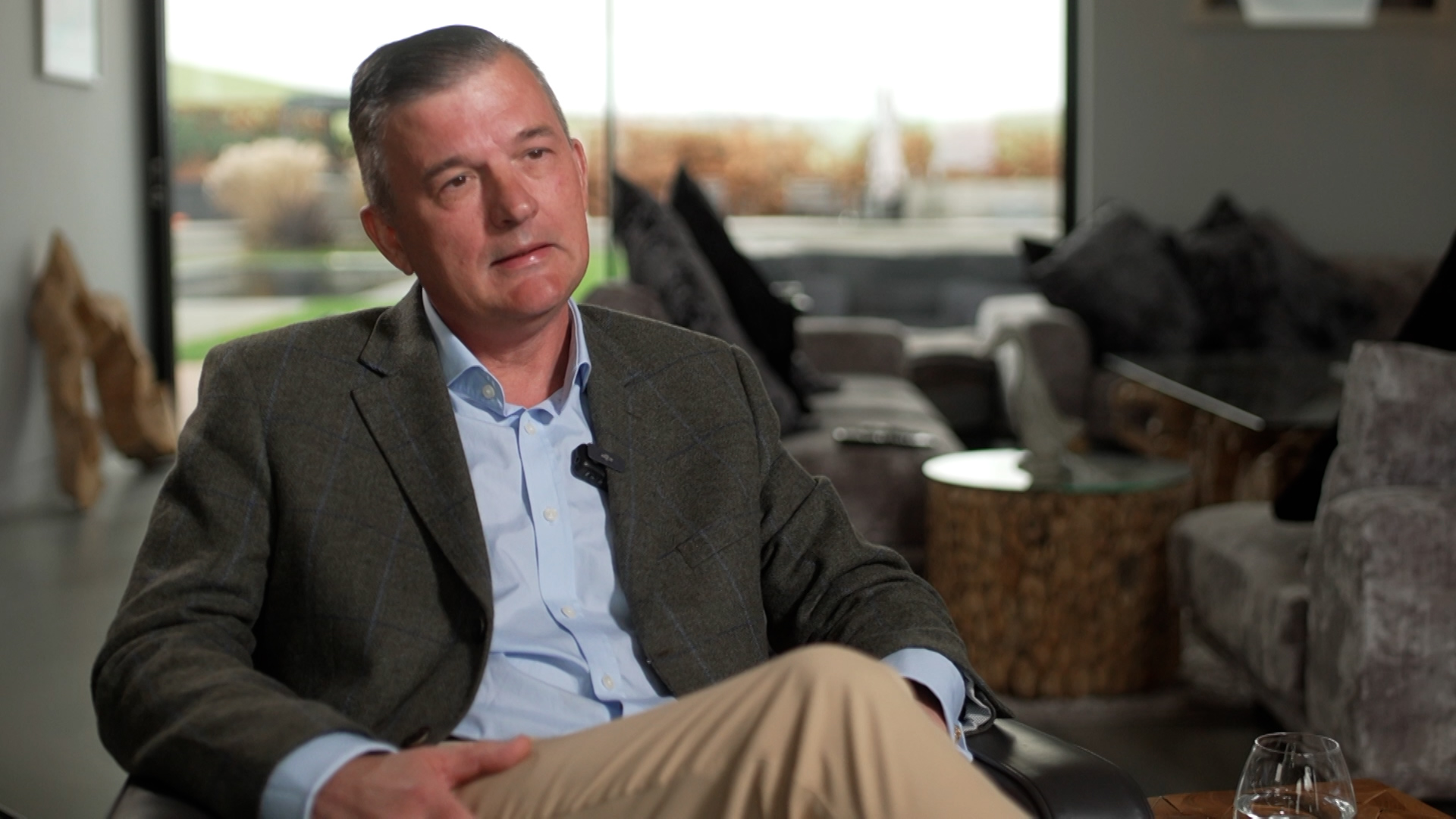
The importance of remembering
Making this film has been eye-opening. Listening to Stephen and Carol's stories was often shocking and difficult. But it was also deeply rewarding.
I served in the British Army myself, as an out gay soldier... but firmly after the ban was lifted
It's only while making this film, and recording these powerful interviews, that I've become aware just how much people like me owe veterans like Stephen and Carol.
They suffered so we could serve.
What matters is that the stories of those who were criminalised for being gay are recorded and heard. I'm so proud that our short documentary will do that – even if it's just a handful of those experiences.
This isn't distant history; it's our recent uncomfortable past.
It is, in a sense, The Forgotten Battle that very easily could have been lost.

